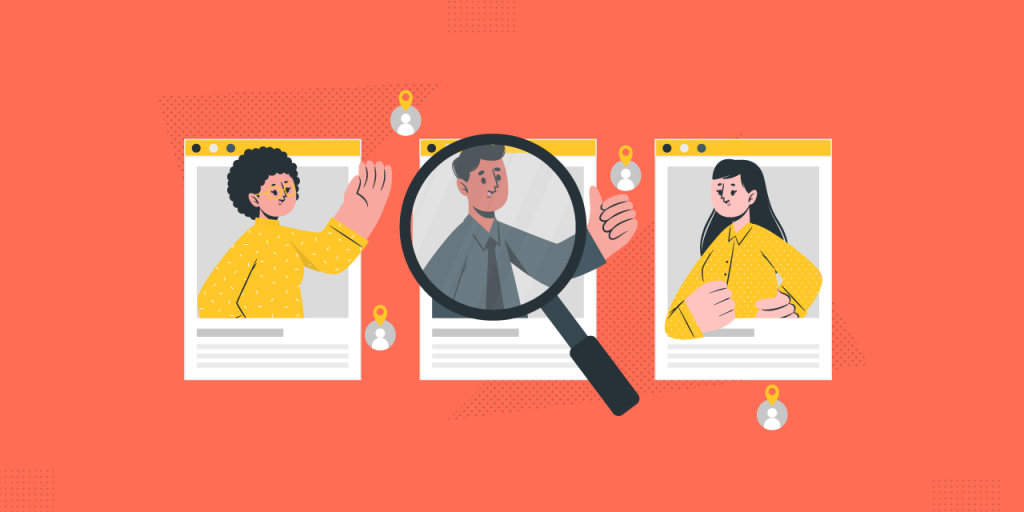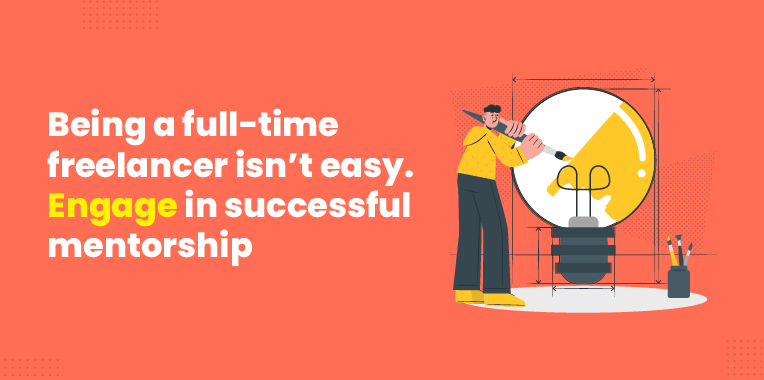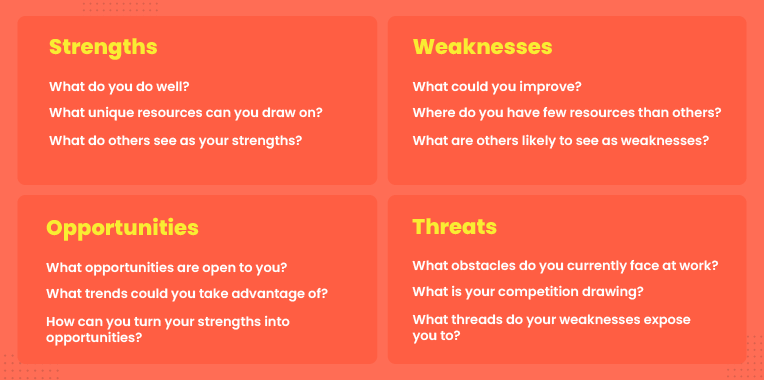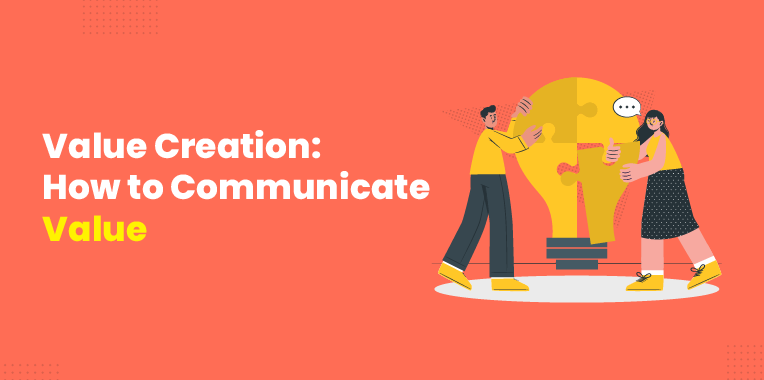GOT A UI/UX
DESIGN PROJECT?
How to Find a Design Mentor | Yellowchalk Design

Having a design mentor is an essential practice if you want to grow in the industry and map out a vision of where you are (right now) and where you would like to be (in the future). It has also become a critical step in mastering your craft and becoming a better designer.
Even though it is an important step in your career, it has not become any easier to find a suitable design mentor.
Organizations are shifting away from traditional design silos to cross-functional teams, which may result in eroding design support systems in the process. There is always a chance that design leaders in your organization may not be trained in the current market scenario.
The standards of design are ever-changing, especially due to the agile form the industry is taking. While organizational environment freedom and self-learning can be very productive and freeing, it can also lead to a loss of the bigger picture, problems with prioritization of skilled learning, and evidently lead to confusion. Both junior and senior designers can struggle with what to learn next. Senior designers, while they have more client-facing exposure, are looking to continuously expand their digital toolset; whereas junior designers maybe are proficient in more tools, but lack real-world practice and leadership qualities to grow in the design space.
So let us go through some pointers on how you can pick the right mentor for yourself, and one who will not only ensure your growth in the long run but also make sure that you set realistic goals for yourself for consistent growth and progress.
Start with Yourself

It is vital that before you start looking for a design mentor, you do a thorough SWOT analysis of yourself and identify your strengths, weaknesses, opportunities, and threats.

This is one of the most important steps as it will help you narrow down on the areas you need help with, what does and doesn’t come naturally to you, what you would like to accomplish, and what could hurt your chances. If you aren’t sure, trust a colleague or a friend can help you answer these questions.
Along with critical self-assessment, spend some necessary time to think about your short-term and long-term goals. It is okay to not have a clear picture but you should start with an idea of where you see yourself a few years down the line and what you picture yourself doing. Without a vague picture or an idea, it will be very difficult to find a mentor because if you don’t know what you want to achieve, no mentor can help you.
Look Outside your Industry

First of all – mentorship is not a formal agreement between you and a more experienced professional. Be open to learning something of value from peers, colleagues, friends, family, and acquaintances. If you see someone has progressed steadily in their fields or picked up on valuable skills (technical or life skills), make it a point to reach out to them and learn the same. The real-life experience will always teach you more than anything on the internet.
Secondly – Do not confine yourself to finding a mentor within your organization or immediate connections if you do not feel comfortable doing so, or if you feel like it will not be a right fit. Reach out to people outside of your industry. Expand your connections on LinkedIn and speak to friends of friends about possible mentors. Look up the bios and histories of speakers at events you want to attend and reach out to suitable people.
Always remember that a mentor doesn’t need to be a designer to be a valuable mentor. Instead, they just have to be able to help you develop skills that are of value. Look for a mentor that can teach you emotional intelligence, communication, leadership, and client-relations skills, as these are values you will build on throughout your career.
Identify the Traits of a Great Mentor

Any mentor should be available. They should be willing to commit to regular meetings and should open to being called on occasionally for advice or support. They should also provide support, empowerment, and trust. These are major makings of a mentor because when you feel ‘underconfident or imperfect’, a good mentor should be able to provide you with a safe space for sharing your vulnerabilities. A big part of growing in your career and in-person involves having support during your low points. And mostly, good design mentors will come up and share similar experiences from their careers that made them learn lessons.
A mentor should also be willing to listen to your whole problem without cutting you off with solutions. In the same way that it is a mistake for a designer to jump too quickly into designing a solution to a design problem before having asked the right questions, a good design mentor will make sure they have a full understanding of your needs and ‘designer problems’ before they jump into ‘designing a mentorship solution’ for you.
Communication and Value

Keep in mind that any conversation with your mentor is about using their valuable experience to inform your career path. Do your research so you don’t waste time asking questions that a quick search of their LinkedIn can offer.
Do your homework, and tell them why their background is especially relevant to your goal. Ask smart questions targeted towards achieving your specific goal. Use this opportunity to learn answers that aren’t universal fit your problem directly. Set short-term goals with them based on your discussions and keep altering and discussing your long-term goals as you do so. Always deliver on your promises and work on the decided tasks to show them beyond words that you value their insights.
At the end of the day, a design mentor is helping you forge out your path and help you grow. So be mindful of their time. Keep communication open and honest and take their feedback on your progress after every few meetings. Ask for recommendations based on your discussions on further people you could get in touch with.
Having a design mentor can not only open doors for you in terms of building a network and getting in touch with skilled professionals, but it can also empower you to try something on your own, make mistakes and learn from them, all the while having someone to guide you along. It helps you set newer and harder goals for yourself and grow as a creative professional and build upon skills, design, and personal simultaneously.
